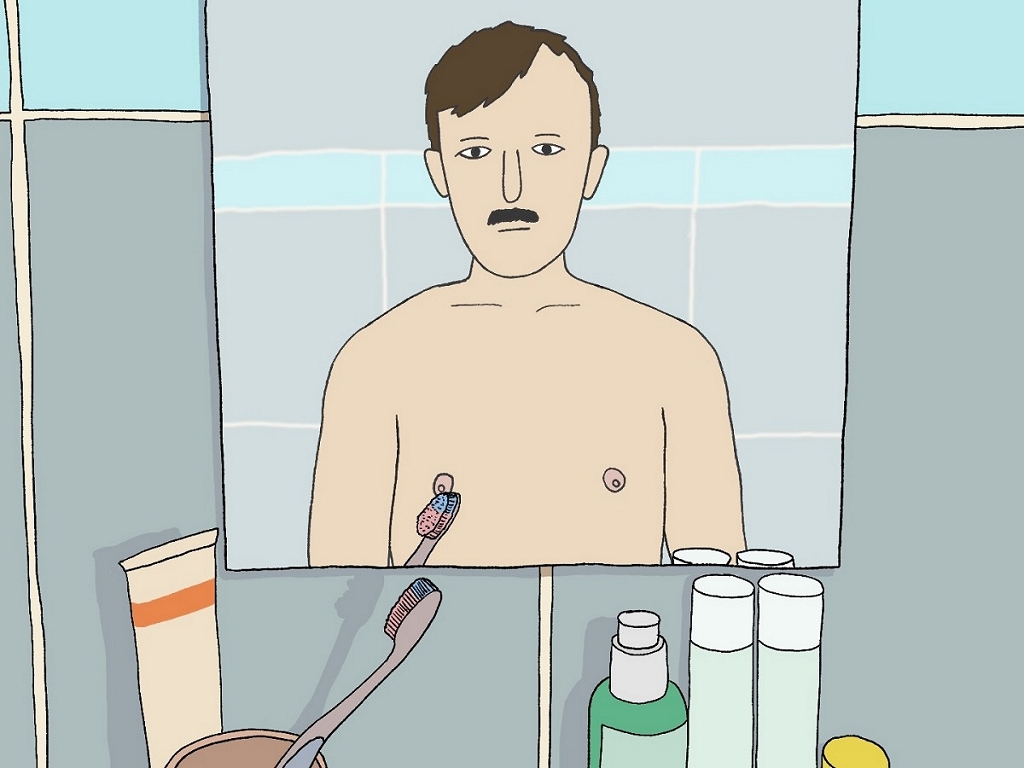Keys | This is how the new mediation mechanisms that promise to speed up justice in Spain | Spain

The measures of the Public Justice Efficiency Lawwhich was approved last January among multiple controversies, they are already starting in Spanish courts. From this Thursday, before starting some judicial processes, it will be mandatory to go to the MASCs (adequate means of dispute solution) « to be admissible the demand. » These means – mediation, conciliation, the neutral opinion of an independent expert … – they intend to reach extrajudicial agreements in order to decongest the courts and expedite justice.
What are the MASC?
The law defines the appropriate means of dispute solution (MASC) as « any type of negotiating activity, recognized in this or other laws », to which the parties in conflict go « in order to find an extrajudicial solution to it. » That is, they are people or entities that will participate and endorse a process of mediation prior to judgments in order to solve the lawsuits without going through a court. The text recognizes as mediators figures as registrars, notaries or lawyers of the Administration, in addition to agencies such as the official cameras of Commerce, Industry or Services. They will also be considered as MASC to mediation bodies in civil and commercial matters and other regional laws, already recognized in other norms.
The law also provides for the regularization of the so -called « third neutral person. » According to the text, « the Government will send a bill that regulates the statute of the third neutral person intervening in any of the adequate means of dispute solution. »
When will it be mandatory to go to the MASC?
As of this Thursday, it will be mandatory to go to the MASCs for « civil and commercial affairs, including cross -border conflicts. » Verónica Ponte, first instance magistrate in Bilbao and Member of the National Committee of the Francisco de Vitoria Judicial Associationsummarizes that it will always be mandatory, « except in which there is no margin of negotiation »: gender violence, family, affiliation, bankruptcy, precautionary measures or cases in which the interest of the child prevails, among others. The mediation process will be concluded « with the celebration, at least, of an initial session before the mediator. » To this session, the litigating parties must attend, personally if they are natural persons or the legal representative, if they are legal persons.
Verónica Ponte fears that including this extra procedure « increases the expenses derived from attending the courts », something that he considers « tremendously deterrent. » This means that people may prefer not to sue and keep an unwanted situation rather than enter a trial.
What coasts do you have?
The cost of the mediation process will depend on the fees of the entity that welcomes it. However, the Judicial Efficiency Law includes the reform of the Free Legal Assistance Law. Ponte considers that this should be communicated to citizens because « a person with low resources that receives a demand may not know that he has the right to free legal assistance. » Or even someone with few resources may not want to face another procedure and « end up losing the trial without even trying to defend themselves. »
In addition, negotiation can reduce the fine or payment of judicial costs. The text indicates that the party condemned to the payment of the coasts « may request the exemption of your payment or moderation of your amount » if the proposal of agreement and the judicial resolution « are substantially coincidental. » With this, in the words of the magistrate, it is intended to « punish the lack of negotiating will. »
What deadlines are there?
In order to provide the justice with « the maximum possible streamlining in regards to the acts of conciliation », it is established that the act of conciliation is celebrated « from the ten days of the admission of the demand » and in advance of 30 days to which the trial begins. The term of five to ten days before the date of the trial is also extended to request proof preparation proceedings « giving sufficient margin to the courts to make notifications and receive the evidence that has been requested, especially in the event that it is a documentary evidence. »
Does it affect the trials already initiated?
The ninth transitory provision orders that the forecasts of this law « be applicable exclusively to the proceedings initiated (open) after its entry into force. » However, it allows the parties to “can undergo any adequate means of dispute solution” in the judicial proceedings and also apply the modifications of the four procedural laws regarding the dictation of oral sentences. Therefore, it is not mandatory to resort to the MASC in the judicial processes that will begin before Thursday, but they can enter an extrajudicial negotiation process if both parties agree on it.
Towards a culture of dialogue
The will of the law, as the name implies, is to promote the efficiency of justice. Verónica Ponte considers that, in the short term, it will serve to decongest the courts, since « the law has been working to present all the procedures that it has been able to enter into force. » However, he believes that these types of reforms have to be accompanied by « a change of culture »: from dispute to the agreement. The magistrate, who is considered in favor of conciliation, sees in her day to day « people who always have the word ‘demand’ in the mouth. » For these people, include another process, even if it is extrajudicial, « you can give them more tools to delay litigation. »
However, Ponte considers that it is « a good starting point » to begin to promote the culture of the agreement in society. Citizens « have the obligation » to reach alternative solutions rather than a judicial process. « (The reform) is good because it reinforces the idea that the courts are a public service. But without a cultural and educational change that teaches that abusing the system overloads it, this will be insufficient, » he highlights.






:format(webp)/s3/static.nrc.nl/images/gn4/stripped/data133314127-765aec.jpg)
